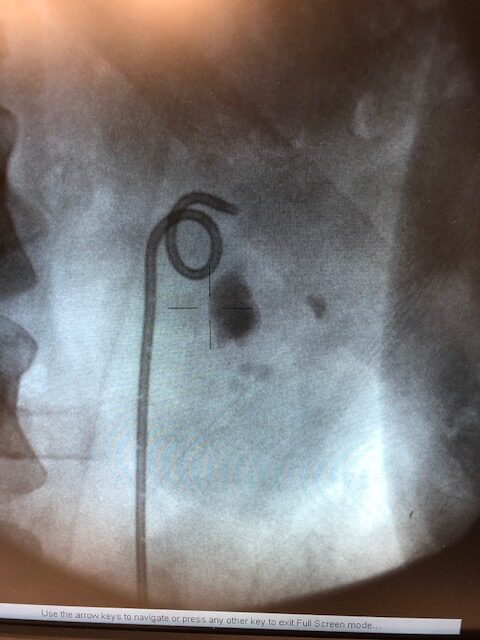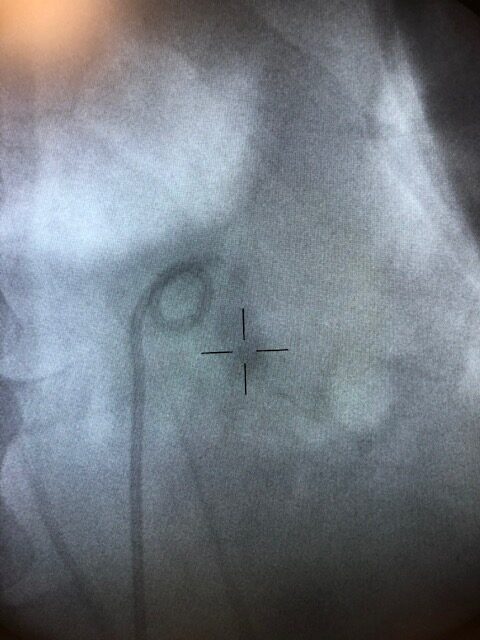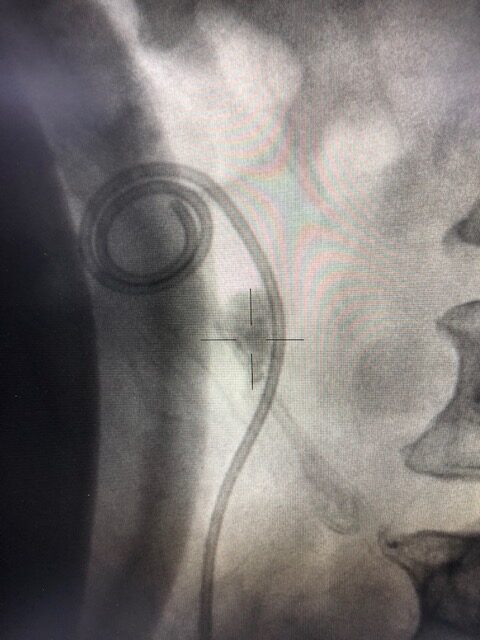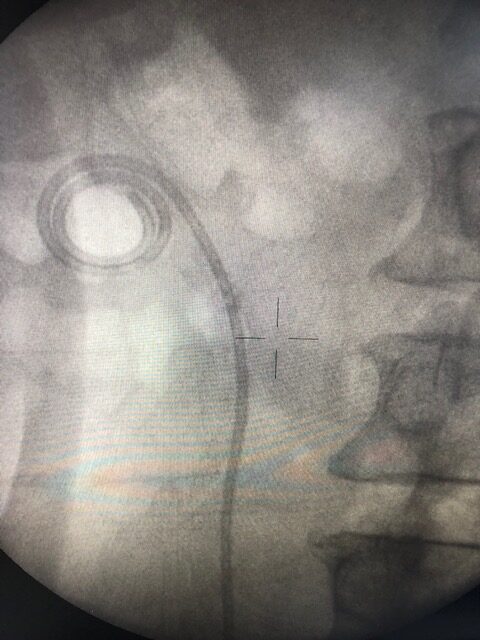
Information For Patients
At Bedrock Lithotripsy, our goal is to provide consistent and predictable clinical expertise to give patients the highest probability of leaving the operating room stone free, while physicians remain 100% satisfied with our services.
About Lithotripsy
Extracorporeal Shock Wave Lithotripsy (also known as ESWL or Lithotripsy) is a non-invasive procedure that breaks up kidney stones and ureteral stones into smaller fragments for passage. The Bedrock Lithotripsy teams set ESWL technology allows for patient solutions that match individual patient needs.
Your doctor may recommend this procedure depending on the stone size and location and will go over the reasons for choosing this approach versus other options with you. This procedure is generally completed on an outpatient basis and the total time is generally a few hours.
If your doctor does not work with Bedrock Lithotripsy, download our informational sheet to show to them. You can also use this sheet to compare service options.
Kidney stone before Bedrock Lithotrispy

Kidney stone after Bedrock Lithotrispy

Kidney stone before Bedrock Lithotrispy

Kidney stone after Bedrock Lithotrispy

The Lithotripsy Procedure
When you arrive the lithotripter will position you on a table to provide access to the target area and minimize discomfort. You may be given medication to help relax. During treatment shock waves are administered using an extremely precise targeting technology to the individual stone and may generate a snapping sound each time a wave is delivered. Depending on the results you may be in the recovery room for one to two hours. If an anesthetic is administered you will not be able to drive or operate machinery following the procedure.
What To Expect Afterward
Over the next day or so you can expect some blood in the urine and discomfort in the area where shock waves were targeted, which is completely normal. There will also be the normal discomfort when stone fragments are passed. You may be provided a prescription for pain medication and instructed to drink 2-3 quarts of water to help the stone fragments pass.
Generally you will be able to return to work on the following day, assuming you feel well enough. Follow up appointments generally occur one to two weeks following the procedure and involve an x-ray to determine the state of stone fragmentation.
Lithotripsy is an extremely effective procedure, but there are times when it must be repeated to achieve the fragmentation required to pass all stones.
How Do Stones Form In The Body
Generally stones are the result of imbalances in the body as urine generally contains substances that prevent the formation of these crystals. These crystals separate from the urine and combine resulting in a stone. Age, diet, and environment are all thought to contribute to the development of stones.
What Does Extracorporeal Shock Wave Lithotripsy Mean?
- Extracorporeal means non-invasive
- “Litho” means stone
- “Tripsy” means crushing
- “Shock Wave” refers to the approach used to fragment the stones
Where Can I Learn More?
To learn more about kidney disease and treatment options visit the National Institute of Health page specific to kidney disease.

